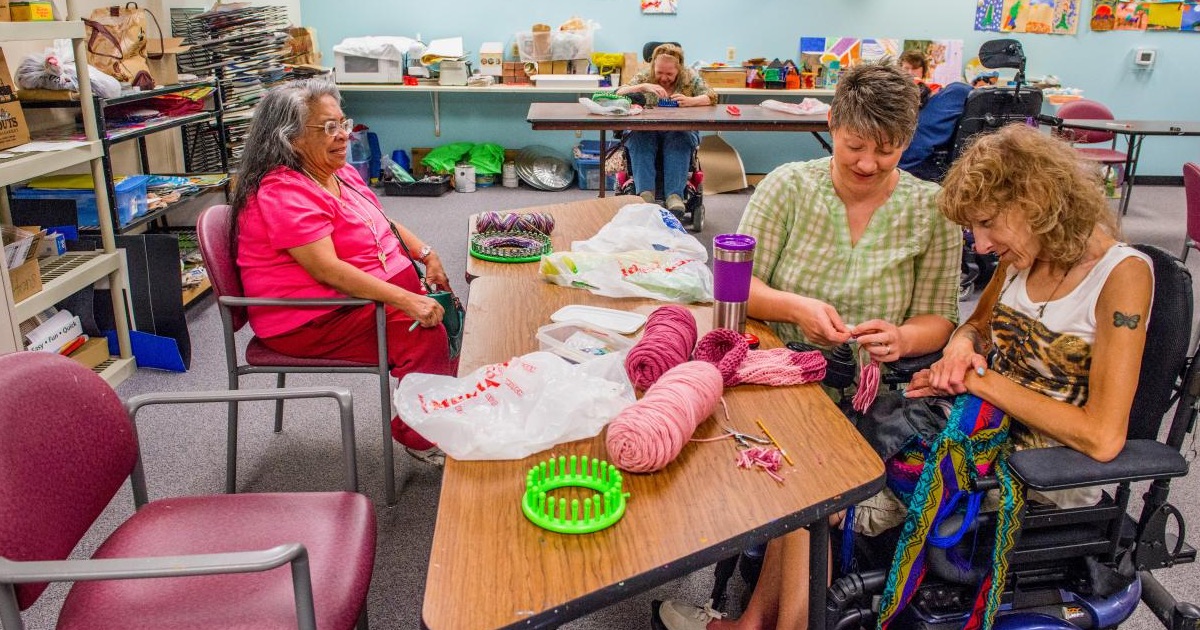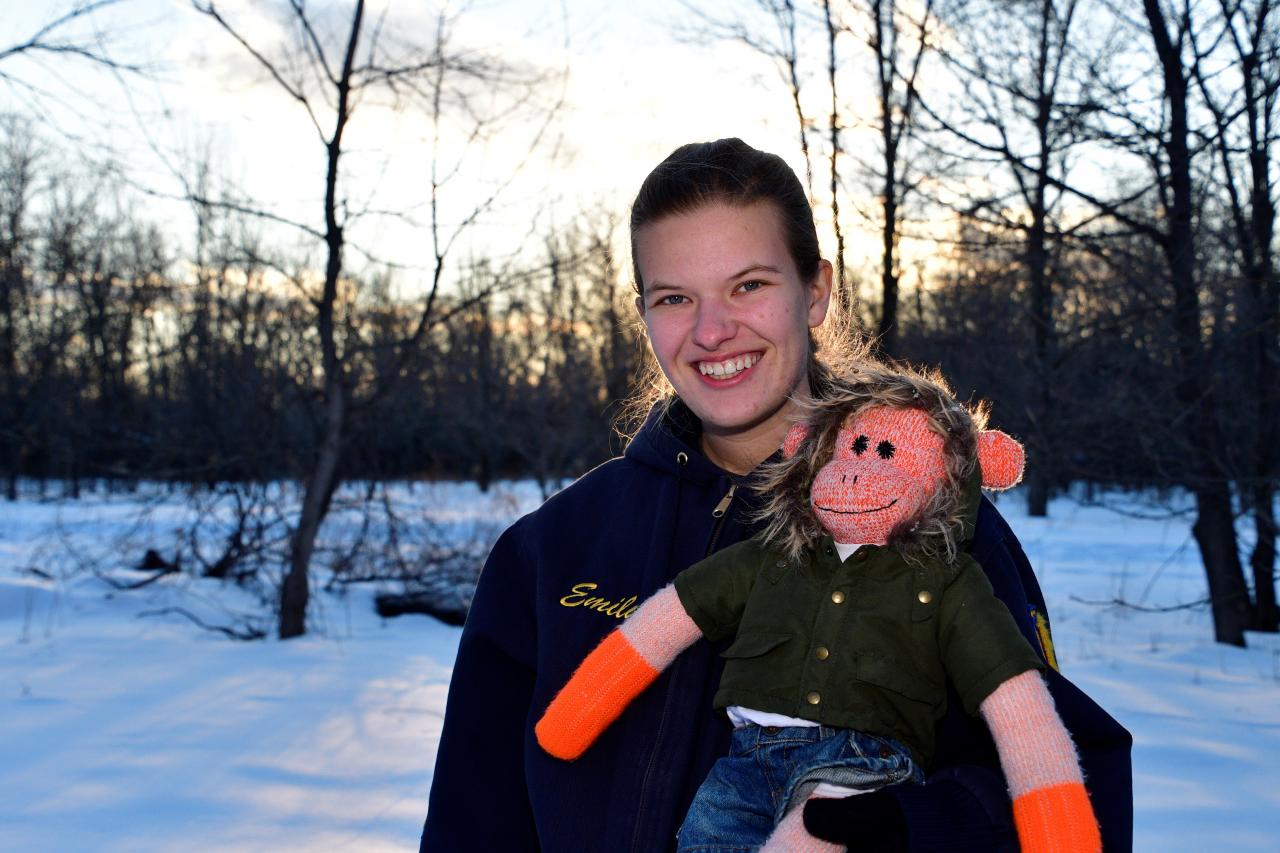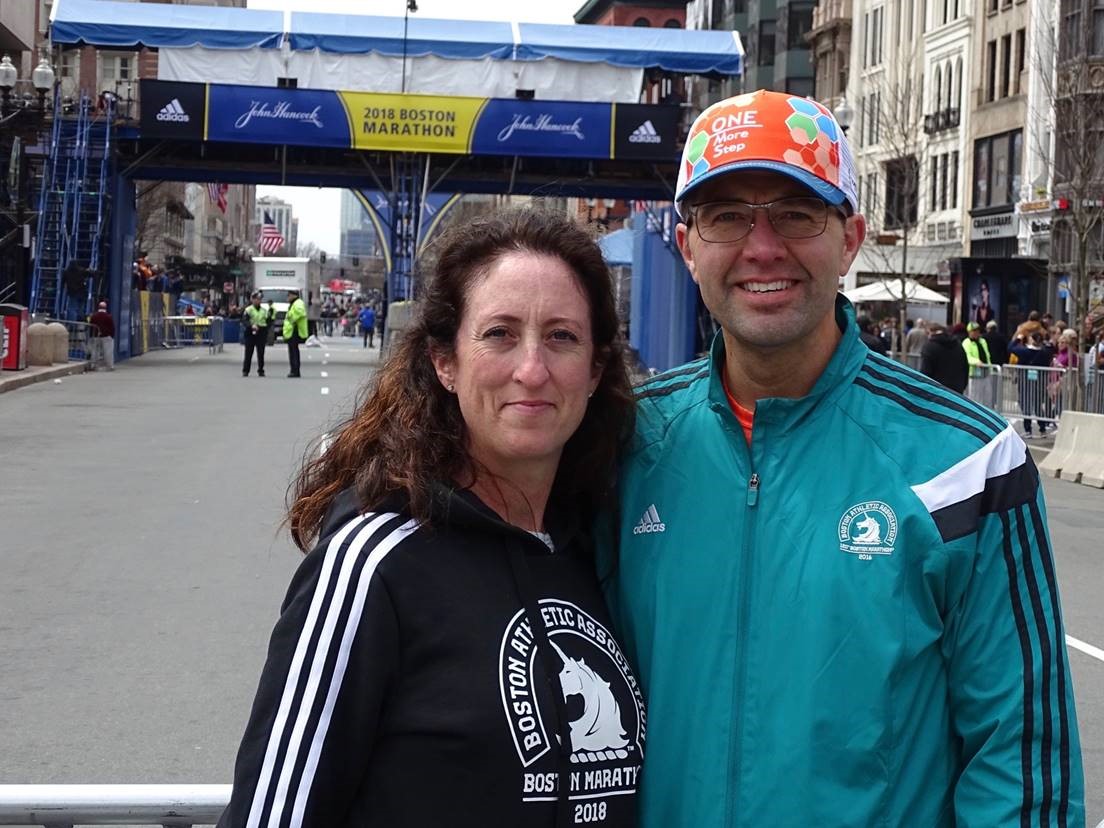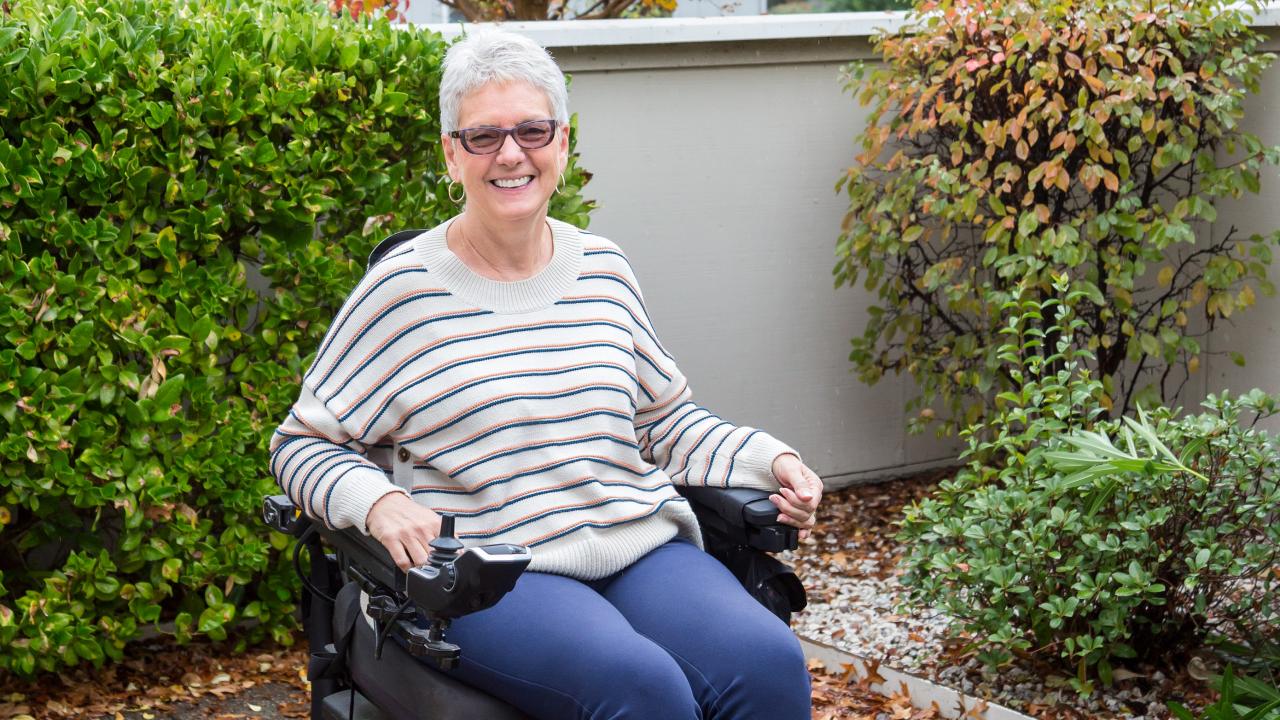 King Adult Day Enrichment Program
King Adult Day Enrichment Program
People may not think about activities like art and crafts, dancing, hiking, gardening or socializing as part of coping with a chronic disease like multiple sclerosis (MS). But therapeutic recreation – the use of leisure activities to achieve a treatment goal – is increasingly being considered an important part of maintaining overall wellness.
Therapeutic recreation can help people both mentally and physically, improving physical fitness and coping skills, reducing stress, giving an improved sense of self-confidence and self-reliance, and enhancing self-esteem. It can also provide a way of dealing with a diagnosis that can make people feel scared or isolated and help a person build a community of others who understand what it’s like to live with MS.
Today, more and more MS centers across the country have begun to offer these types of services. One program is the King Adult Day Enrichment Program (KADEP) at the Rocky Mountain MS Center in Denver, Colorado.
KADEP, which opened in early 1991, focuses on maximizing the physical, emotional, cognitive and social well-being of each participant through social interaction and community. It has a long history of providing programming, offering an array of activities from stress management and tai chi to gardening and adaptive movement. Participants tout KAPED with providing them a safe space to work through their diagnosis and life with MS (and other acquired neurological diseases), reducing stress and giving a sense of calm.
We had the opportunity to sit down with the KADEP director, Michelle King, to get a “behind the scenes” view into some of the benefits of therapeutic recreation.
EmpowHER: Can you tell us a little more about KADEP?
Michelle: KADEP offers a range of diverse programs, with more than 60 activities a week for our participants. It is never a question of what we can do, but how much. We also spend a lot of time working with the community, from visiting to local parks and recreation facilities for fitness programs to teaching local transportation groups how to use mobility equipment.
EmpowHER: What types of activities does KADEP offer to people with MS?
Michelle: All our activities are open to people living with MS. We offer discussion groups, games, cooking, crafts and adaptive exercise programs like hydrotherapy, water skiing, cycling and golf. This year, we’re taking clients on “traveling fitness” trips to community facilities and other groups to walking trails, bowling alleys and recreational centers. But overall, art therapy is one of our most popular programs.
EmpowHER: Can you tell me about your art program?
Michelle: Our art program is popular, because not only does it allow for physical engagement, but lends our clients an alternative view of who they are. They draw, paint, tie-dye, do leathercraft, woodwork, or anything they want to do artistically, and we try to help. With adaptive equipment, we find ways for them to do any art project they want.
The art program helps participants relax and feel calm. They have told us that the stress of living with MS lessens because art opens an imaginative side that we sometimes lose as adults. They love the freedom of ideas, and that there are “no mistakes… just art.”
EmpowHER: What impact have you seen your art program have on your clients?
Michelle: I’ve seen clients start the program feeling “broken” and incapable of doing anything. They say, “I can’t draw or paint!” But once they’ve been immersed in the program, their perspective changes. They’re proud of what they’ve done. They feel empowered. They feel a sense of accomplishment.
EmpowHER: Why are programs like KADEP important for people living with MS?
Michelle King:Simply, these programs underline the fact that while MS may change how someone functions, it doesn’t change who they are as a person.
Further, research supports the idea that the human brain utilizes greater neuroplasticity when it is more active. Quality of life improves and depression decreases. We want our participants to function as independently as they can for as long as they can.
EmpowHER: What role does a program like KADEP play in the overall well-being of people living with MS?
Michelle: Clients tell us they have a support network here. They have peers who understand what they’re going through and gain social support through networking and communicating — we all need that for our well-being.
EmpowHER: How can people find centers like KADEP in their community, and how would you recommend someone get involved in similar programs?
Michelle: There are a variety of other centers like us that offer similar programming. The problem is that adult day services are often listed with senior centers, although they are relevant for all ages.
People can use resources like GatherMS.com to find local services and support at the national level and in cities near them, look around social media site like Facebook, and talk with others living with MS. Medicaid case managers often know about available services, and community talks and brochures can help to raise awareness.
EmpowHER: How did you become interested in therapeutic recreation and working with people living with MS?
Michelle: When I was younger, my mom had a brain aneurysm rupture. I watched her go through therapy, but she resisted most of it, except when she worked with her Certified Therapeutic Recreation Specialist (CTRS). That inspired me to earn a master’s degree in therapeutic recreation.
During school, I interned at the Rocky Mountain MS Center and later landed here at KADEP full time. I’ve been here for 15 years now and can’t imagine working anywhere else!
Read more in Living with Multiple Sclerosis

.png)

